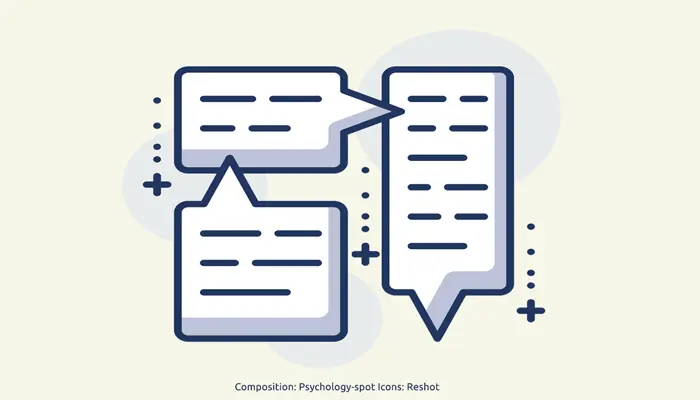
We all make mistakes. We can’t avoid it, and sometimes these mistakes hurt the others. Then comes the time to apologize.
A correct apology can repair the damage and strengthen the emotional bond between two people. When we apologize we say to the other that we feel deeply what we have done and want to repair the damage and make him feel better.
However, apologizing inappropriately can have the opposite effect: it can further open the wound and increase the distance between two people. In fact, not everyone knows how to apologize properly. Apologizing is an art to be learned.
Of course, many people don’t like to apologize because it makes them feel uncomfortable. No one likes to deepen their own mistakes, because it makes them feel vulnerable. These feelings cause that sometimes the way of apologizing is inadequate and we want to be forgiven without recognizing our mistake.
Therefore, there is a word that should never be used when apologizing because it might jeopardize the situation. That word is: “Excuse me, but …”
Add a “but” at the end only serves to contradict the sincerity of the original message. That “but” is perceived as an excuse, so that the other person may think that actually we’re not really sorry and that our apology is false.
The best way to apologize is to do it with few words, without offering explanations that might call into question the sincerity.
In this regard, a study realized by psychologists of Stanford University found that to apologize properly we must keep in mind these three points:
– We understood what we were wrong about
– We assume full responsibility for our behaviors, attitudes and/or words
– We offer a plan to fix things, including a promise of improvement for the future
In contrast, a completely ineffective way of asking pardon, which could bother the other person or aggravate the damage, is the one that includes justifications or excuses aimed at minimizing the severity of the error committed. Such as saying for example: “I’m sorry, but it is you who has offended me first”, it’s really just asking for forgiveness in a half, is what might be classified as a form of “passive-aggressive” apology that could further anger the other person.
Source:
Schumann, K. (2014) An affirmed self and a better apology: The effect of self-affirmation on transgressors’ responses to victims. Journal of Experimental Social Psychology; 54: 89–96.



